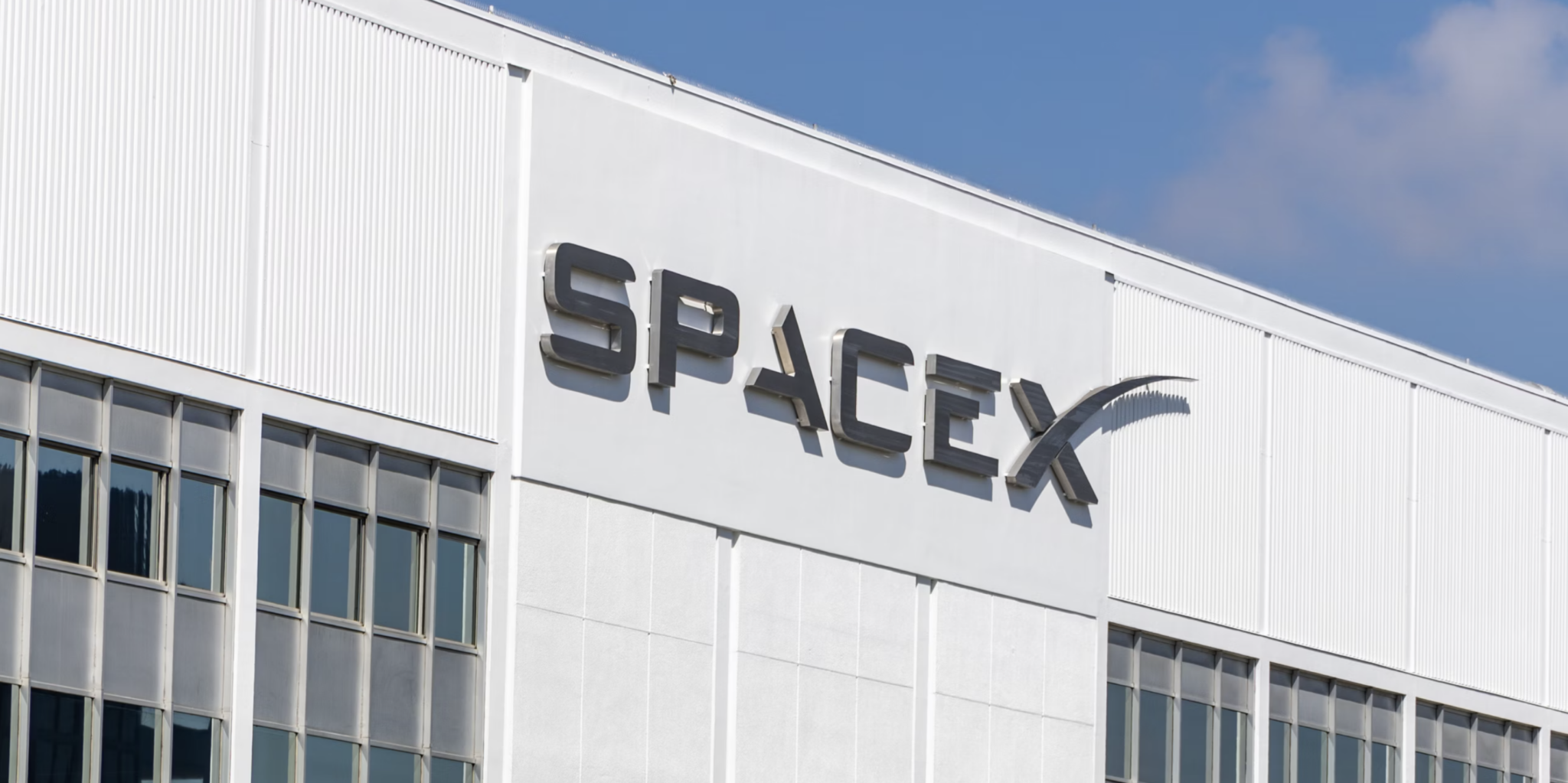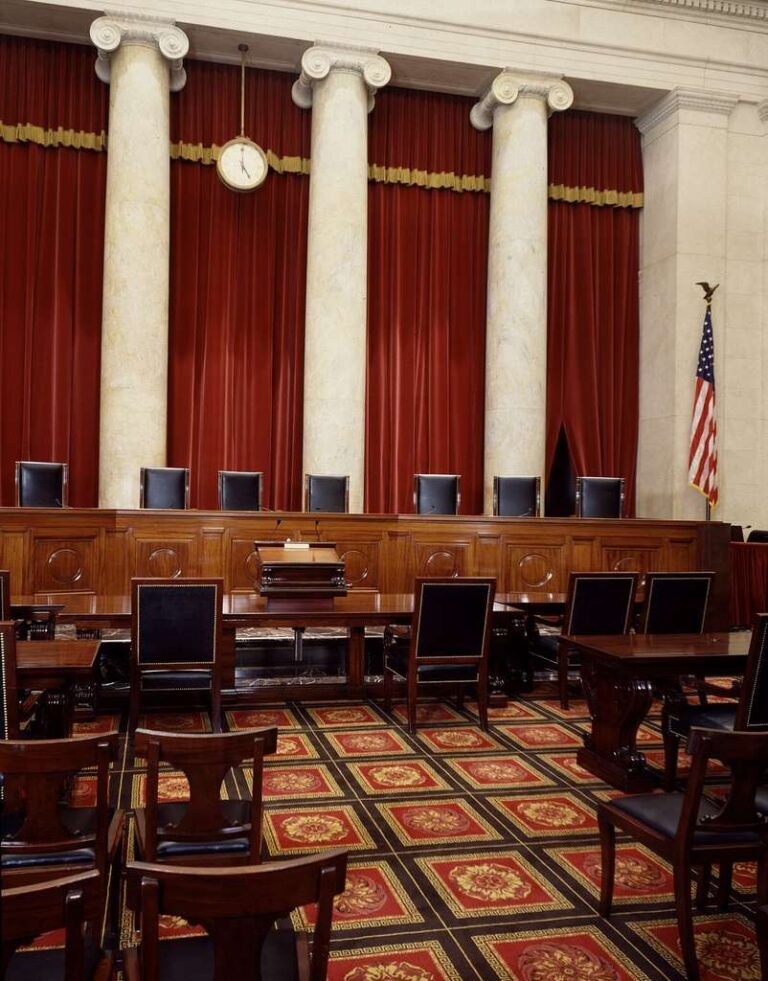
John Fry is a student at Harvard Law School.
In a ruling published Tuesday, Judge Alan Albright of the Western District of Texas endorsed SpaceX’s theory that removal protections for NLRB members and the agency’s administrative law judges violate the Constitution. Albright granted a preliminary injunction earlier this month to halt unfair labor practice proceedings against the company, and Tuesday’s order provides the reasoning for the injunction, arguing that SpaceX is likely to succeed on both of its removal claims.
Albright first concludes that the Fifth Circuit’s Jarkesy decision, which struck down removal protections for ALJs at the SEC, also applies to ALJs at the NLRB. The Supreme Court did not reach this argument in its Jarkesy decision, meaning that the holding regarding ALJ removal protections remains in effect in the Fifth Circuit.
The question of removal protections for NLRB members, however, required Albright to break more new ground. Tuesday’s order first acknowledges that the Court blessed removal protections for “multimember expert agencies that do not wield substantial executive power” in Seila Law. However, Albright then argues that NLRB members “clearly wield substantial executive power through their administrative, policymaking, and prosecutorial authority,” removing them from this safe harbor. To support this claim, the order cites NLRB members’ role in seeking 10(j) injunctions against offending employers in federal court. Notably, 10(j) injunctions are initiated by the NLRB’s general counsel, while members’ role is to approve or deny the general counsel’s request to proceed to court, a preview of the merits which is arguably judicial in nature.
Albright’s order also relies on the exact wording of the members’ removal protections in the NLRA. In Humphrey’s Executor, the Court upheld the removal protections granted to FTC commissioners, thereby creating the protection for independent agencies that a later Court grudgingly allowed to continue in Seila Law. Albright distinguishes Humphrey’s by noting that the FTC commissioners could be removed for “inefficiency, neglect of duty, or malfeasance in office,” while NLRB members can only be removed for “neglect of duty or malfeasance in office,” but not inefficiency. The NLRB members’ protections, reasons Albright, therefore strip the President of the power to fire inefficient officers, a limitation of the executive’s Article II powers that Congress cannot constitutionally impose.
The NLRB argued that, at worst, the court should sever the removal protections at issue, allowing the agency to continue functioning without the protections but otherwise intact, instead of enjoining the ULP proceedings against SpaceX entirely. But Albright declined, ruling that severance (i.e. reshaping the agency) would be premature until the constitutional questions have been fully adjudicated. Furthermore, the order hints that the NLRB’s constitutional defects may be too great for severance to be appropriate, and that the agency may instead have to be shut down entirely. Because Congress took great pains to ensure the NLRB’s independence from the President, Albright writes, there would be “no appropriate way” for the agency to function without removal protections.
Albright concludes by declaring that “Congress exceeds its power when it attempts to neuter the President’s constitutional power to remove and control executive officers,” urging Congress to rewrite the NLRA if it wishes to protect workers. While Tuesday’s order only enjoins one specific ULP case against SpaceX, it is an unmistakable sign that the company’s effort to eliminate the agency has found a friendly forum.
In related news, SpaceX’s suit in the Southern District of Texas (in which the company makes similar constitutional arguments) was transferred to the Central District of California on Wednesday after a monthslong venue battle. How Albright’s order will impact the California-bound case remains to be seen, and a circuit split appears possible. Furthermore, Wednesday’s transfer order notes that the Fifth Circuit would not clarify whether the district court had jurisdiction to make the transfer, raising the prospect that the venue fight could be prolonged even further.










Daily News & Commentary
Start your day with our roundup of the latest labor developments. See all
February 20
An analysis of the Board's decisions since regaining a quorum; 5th Circuit dissent criticizes Wright Line, Thryv.
February 19
Union membership increases slightly; Washington farmworker bill fails to make it out of committee; and unions in Argentina are on strike protesting President Milei’s labor reform bill.
February 18
A ruling against forced labor in CO prisons; business coalition lacks standing to challenge captive audience ban; labor unions to participate in rent strike in MN
February 17
San Francisco teachers’ strike ends; EEOC releases new guidance on telework; NFL must litigate discrimination and retaliation claims.
February 16
BLS releases jobs data; ILO hosts conference on child labor.
February 15
The Office of Personnel Management directs federal agencies to terminate their collective bargaining agreements, and Indian farmworkers engage in a one-day strike to protest a trade deal with the United States.